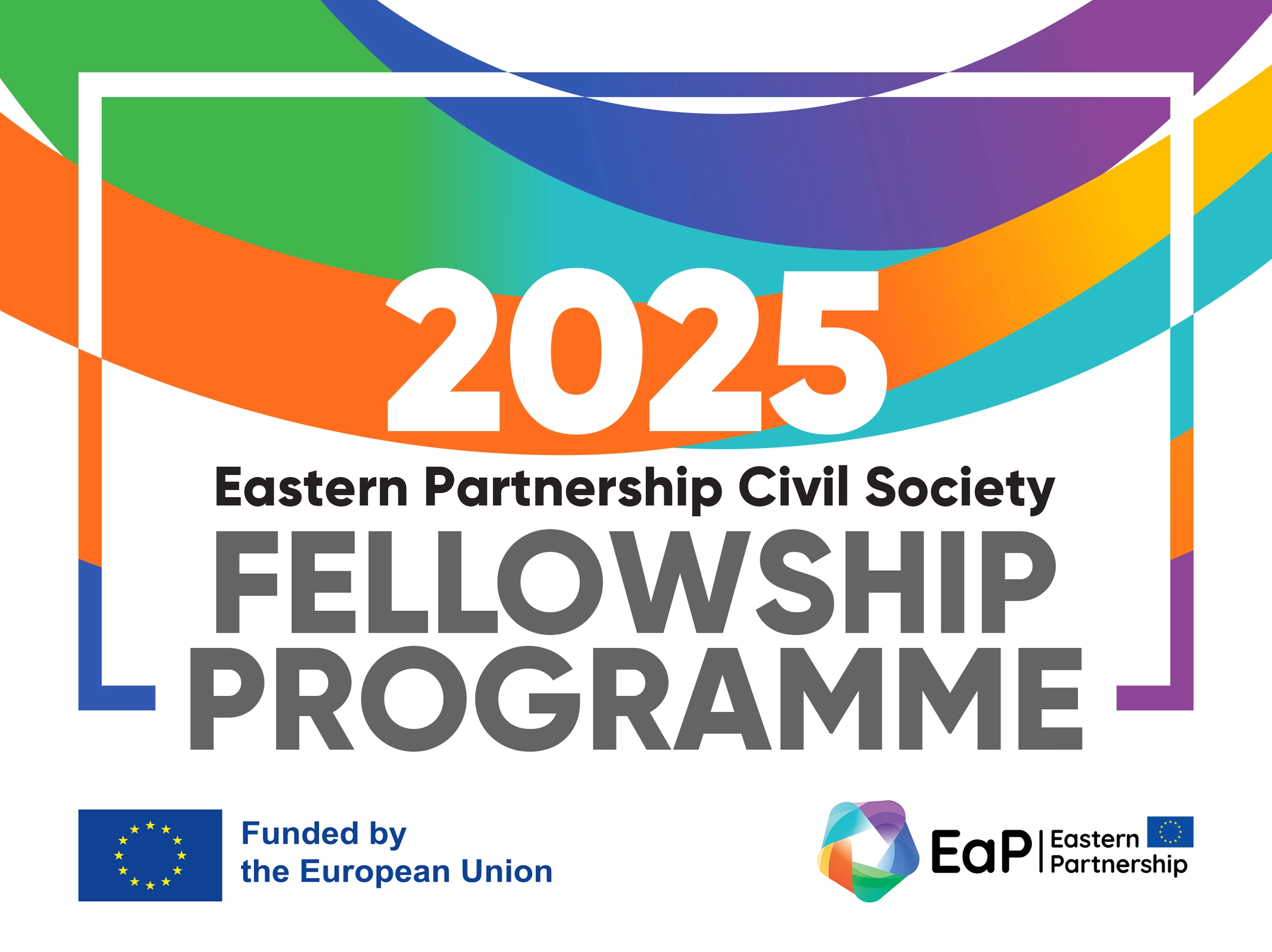In 2004, the Office of the United Nations High Commissioner for Human Rights established that “no ‘qualification’ is required to be a human rights defender” and the only minimum standards for human right defenders are acceptance of the “the universality of human rights as defined in the Universal Declaration of Human Rights” and non-violent action. This definition encompasses a wide range of individuals, acting alone or in association with others, to defend and/or promote human rights at the local, national, regional or international levels, either as a part of their jobs or as volunteers, thus making an exact count of defenders very challenging. Despite this, Amnesty International estimates that there are approximately 10 million human rights activists worldwide, and this wonderful cohort would include the 200 Eastern Partnership Civil Society Fellows.
By briefly profiling a selection of the Civil Society Fellows it is easy to see that human rights supporters, defenders and activists manifest themselves in many different ways.
Human rights activists are political scientists, such as Sandro Megrelishvili, 2021 EaP Civil Society Fellow from Georgia, who works with young Georgians on better advocacy for democratic values. Or his fellow from Moldova Mihai Mogildea, who has been advocating for the changes in Moldova’s electoral code to enable the diaspora to have its say in the future of the country with the help of internet voting. Or Astghik Karapetyan, 2023 EaP Civil Society Fellow from Armenia, a human rights journalist, who reports on topics covering human rights and the judiciary, including analytical and investigative pieces on state procurement and illegal enrichment, and at the same time advocates for women’s rights and family-friendly policies at workplaces in Armenia.
There are many law professionals among human rights defenders. Some work at improving national legislation to meet international human rights standards, like 2021 EaP Civil Society Fellow Lado Javakhishvili, who in 2022 developed a policy document and roadmap to help steer stakeholders responsible for the protection of rights of child victims in Georgia. Others, like Vitalii Razik, 2021 EaP Civil Society Fellow from Ukraine and Director of the Law and Democracy Foundation, combine legal consulting and representing citizens in courts, including the European Court of Human Rights, with promoting human rights, reforming justice sector and preventing and counteracting corruption.
There is a separate group of human rights defenders who work with victims of human rights violations. Thus, within his fellowship project in 2022, Mykola Ostapiak collected 221 testimonies of internally displaced Ukrainians, including evidence of 195 attacks and damage to civil infrastructure, 47 war crimes of killing or wounding civilians, 9 instances of starvation of the civilian population, 12 cases of kidnapping, 4 instances of torture, and 88 crimes involving the seizure of property. In the meantime, his Georgian fellow Tinatin Bregvadze worked hard to create a safe space for Ukrainian refugees, mostly children and women, in Georgia.
There is an army of human rights activists who daily work on bringing human rights to what Eleanor Roosevelt called ‘the world of the individual person’, “Where, after all, do universal human rights begin? In small places, close to home—so close and so small that they cannot be seen on any map of the world. Yet they are the world of the individual person: the neighborhood he lives in; the school or college he attends; the factory, farm or office where he works. Such are the places where every man, woman, and child seeks equal justice, equal opportunity, equal dignity without discrimination.”
These people advance the rights of youth with disabilities, like our EaP Civil Society Fellows from Georgia, Ketevan Tvildiani and Nino Chincharauli, providing them with opportunities for self-development and making sure that all children with special needs, physical or mental, have a safe and welcoming environment to live in. They stand up for the political and social rights of vulnerable groups, as Gohar Khachatryan, 2021 EaP Civil Society Fellow from Armenia, did through her work to improve policies and practices at residential homes for citizens who require support on specific mental health issues in various Armenian regions, to make sure the mental health sufferers can live independent lives in their communities. Or, like Rostyslav Semka, 2022 EaP Civil Society Fellow from Ukraine, helping young grassroots activists to start their first community projects.
200 EaP Civil Society Fellows means 200 actions already implemented by engaged citizens of Armenia, Azerbaijan, Belarus, Georgia, Moldova and Ukraine, with the European Union’s support. The European Union has committed to support 120 more individuals from the EaP region to make a change in their communities, by extending its EaP Civil Society Fellowship programme until 2027. The first 2025 Fellowship Call opened last week, on 4 December, and closes on 30 December 2024. It is an opportunity for human rights activists from the EaP countries for concerted actions to uphold human rights close to their homes.
Illustrations for this story: The first animated version of the Universal Declaration of Human Rights was created through the United Nations partnership with French digital artist YAK (Yacine Ait Kaci) – whose illustrated character Elyx is the first digital ambassador of the United Nations. The animation uses symbolic movements to bring to life the 30 Articles of the Universal Declaration of Human Rights. Read more here and see all 30 gifs here.




